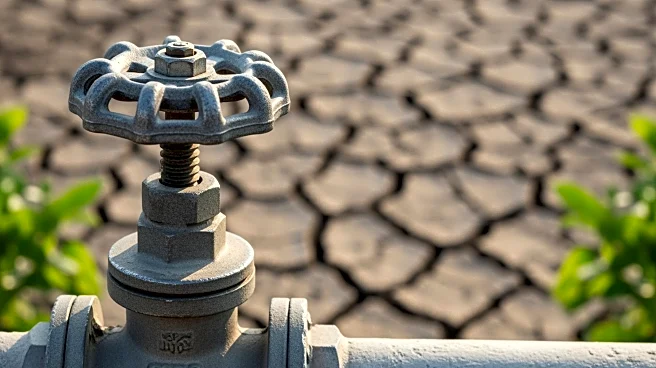What's Happening?
Shabnam Palesa Mohamed, co-chair of the World Council for Health (WCH), has raised concerns about the United Nations' proposal to establish an 'emergency platform' that could be activated during global crises. This platform, part of the UN's 'Common Agenda,' would allow the Secretary General to override national governments and coordinate responses on a global scale. Mohamed argues that this framework could lead to the centralization of authority and the erosion of national sovereignty, as it covers a wide range of events including health scares, armed conflicts, and financial breakdowns. She cites the COVID-19 pandemic as an example of how emergencies can be misused to justify intrusive controls.
Why It's Important?
The proposed UN emergency platform could significantly impact national sovereignty and the balance of power between international bodies and individual governments. Large corporations and financial institutions may benefit from such a system, as they can expand their markets under the guise of emergency management. However, small businesses, civil organizations, and ordinary citizens may lose autonomy and face increased pressure to comply with international directives. The proposal raises ethical concerns about the potential for coercion and the weaponization of crises to erode national sovereignty.
What's Next?
Mohamed calls for vigilance and grassroots action to resist the centralization of authority and protect national sovereignty. She encourages citizens to study the UN's documents, pressure political leaders to resist, and develop community-based strategies for handling crises. The next few years will be crucial in determining whether populations accept a permanent system of global emergency management or reclaim sovereignty through decentralized governance.
Beyond the Headlines
The UN's proposal highlights the ongoing debate about the balance between global coordination and national sovereignty. It raises questions about the ethical implications of centralized authority and the potential for international bodies to exert undue influence over national policies. The proposal also underscores the need for transparency and accountability in global governance.








